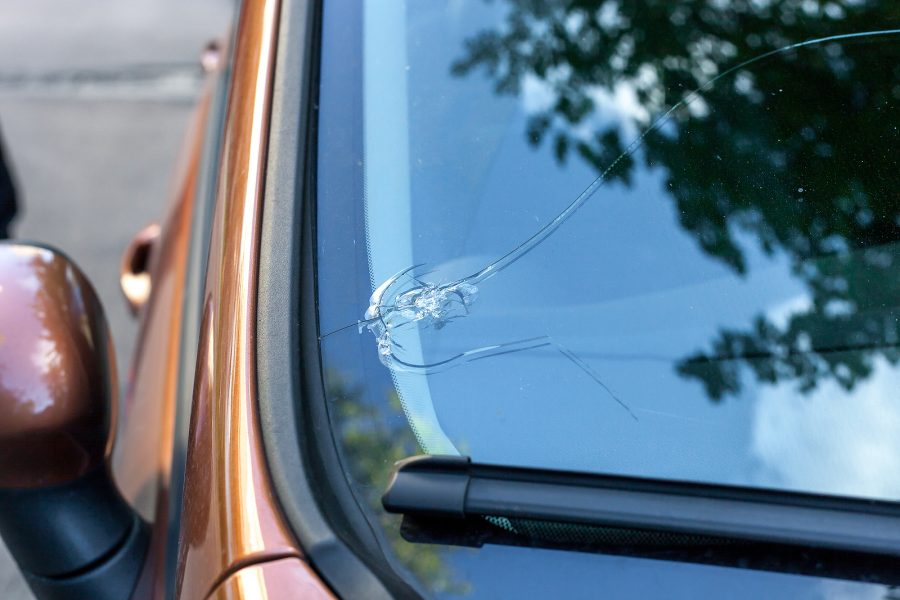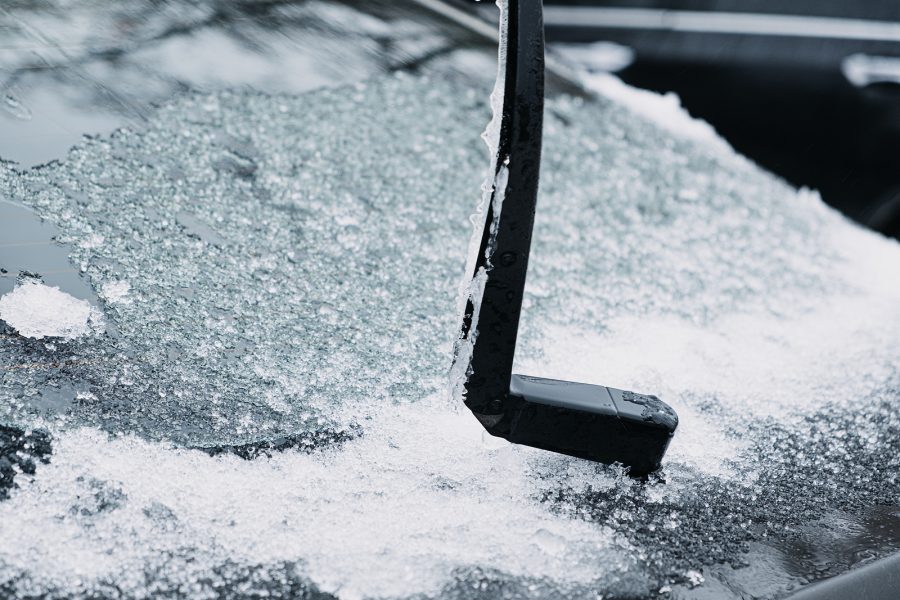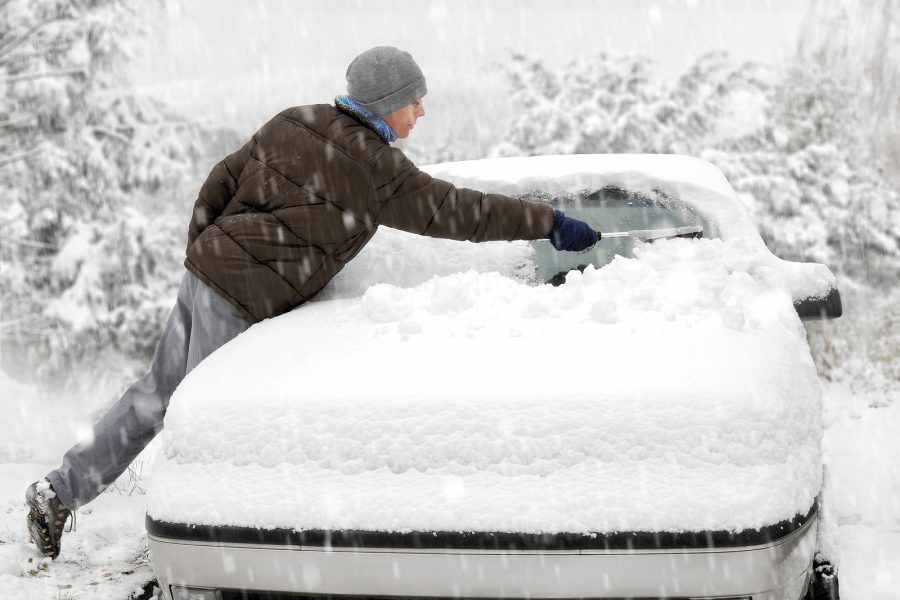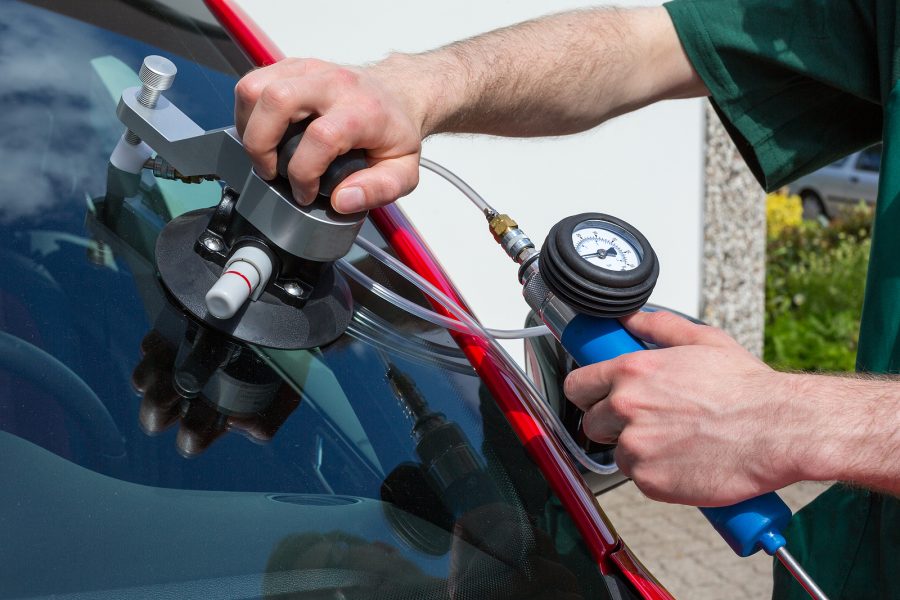If you remember the long car trips of your childhood, you’ll no doubt recall someone always having to clean all the dead bugs off the windscreen at the end of the journey. But have you noticed quite as many dead insects splattered on your windscreen in the last few years?
A study conducted by Kent Wildlife Trust has revealed that there were 50 per cent fewer insects squashed on car number plates in 2019 than 2004, reports The Guardian.
By using so-called ‘splatometer’ sampling grids, Kent Wildlife Trust asked members of the public to record the number of insects squashed on their car’s registration plate. These figures were then compared to a similar study by the RSPB in 2004.
Overall, the ‘splat density’ has fallen from an average of 0.2 splats per mile to 0.1 splats per mile. This is a trend mirrored by other international studies, with intensive farming and our reliance on pesticides blamed for the decline.
A second study in Denmark used data collected each summer from 1997 to 2017, which found an 80 per cent decline. Alongside this, the Danes found a decline in swallows and martins, birds which consume insects.
The study in Kent included a mix of vintage and modern cars, to see if modern aerodynamic shapes made any difference, but this only revealed that modern cars hit slightly more bugs. The report highlights the ‘windscreen phenomenon’ – a term given to the anecdotal observation that people tend to find fewer insects squashed on the windscreen.
“Most naturalists who are out in nature have seen this coming over a long time,” said Anders Pape Møller from the Paris-Sud University in France, who has been visiting the Danish study area for 50 years.
“My colleagues remember going on summer holidays as children and their parents had to stop their car to clean the windscreen so they could continue. This is certainly not a problem any more.”
It’s not that cars are responsible for killing fewer insects, it’s that there are fewer insects to kill. A recent report says the global decline in insects could have ‘potentially catastrophic’ consequences.
Speaking on Channel 4 News, Dr Paul Tinsley-Marshall from Kent Wildlife Trust said: “Insects form the basis of many food webs – they’re the foundation of life on earth. Three-quarters of crops are pollinated by insects.
“Without insects, life on earth just couldn’t exist.”
Insects, even in a decline, can cause damage to your windscreen, more than leaving a few unsightly marks. Some bugs have acidic entrails that can lead to chipped paint and dangerous build-up of residue and marks that are impossible to clean off properly.
Cleaning your windscreen from dead insects as soon as you’ve completed your trip makes removal much easier. Leaving them to dry and bake on to your windscreen makes them much harder to remove at a later date.
If you can’t see through your windscreen clearly, you run the risk of getting into a serious accident or collision. Don’t wait for insect buildup to become dangerous before you need to repair your windscreen. Make sure to clean up insect debris, especially after long drives.
Never scrub dead insects off your windscreen with anything other than a soft microfibre cloth. It may take longer to clean, but it’s the only way to ensure you don’t permanently scratch the glass.
The Danish survey took data from an average of 65 car journeys a year, on the same stretch of road, and at the same speed between 1997 and 2017. Anders Pape Møller noted variables such as the time of day, temperature, wind speed and direction, and discovered the 80 per cent decline over the 21 year period.
Further studies using insect nets and sticky traps backed up this revelation with similar results.
Møller said the causes were likely to be “a bit of everything”, but noted significant changes due to global heating. “In my 50 years, the temperature in April, May and June has increased by 1.5C on average in my study area,” he said. “The amount of rain has increased by 50%. We are talking about dramatic differences.”
Action is required at a national and international level, but what can we do to help? Kent Wildlife Trust advises us to ‘stop’ and ‘start’ with these two simple actions:
STOP killing insects by reducing our use of pesticides where we live, work and farm.
START creating more insect-friendly habitats in towns, cities and the countryside.
If you’ve accidentally caused permanent damage to your windscreen trying to remove dead bugs, don’t worry. Glass Assist will assess the damage and perform high-quality repairs or replacement. Contact us if you need windscreen replacement or windshield repair services.









